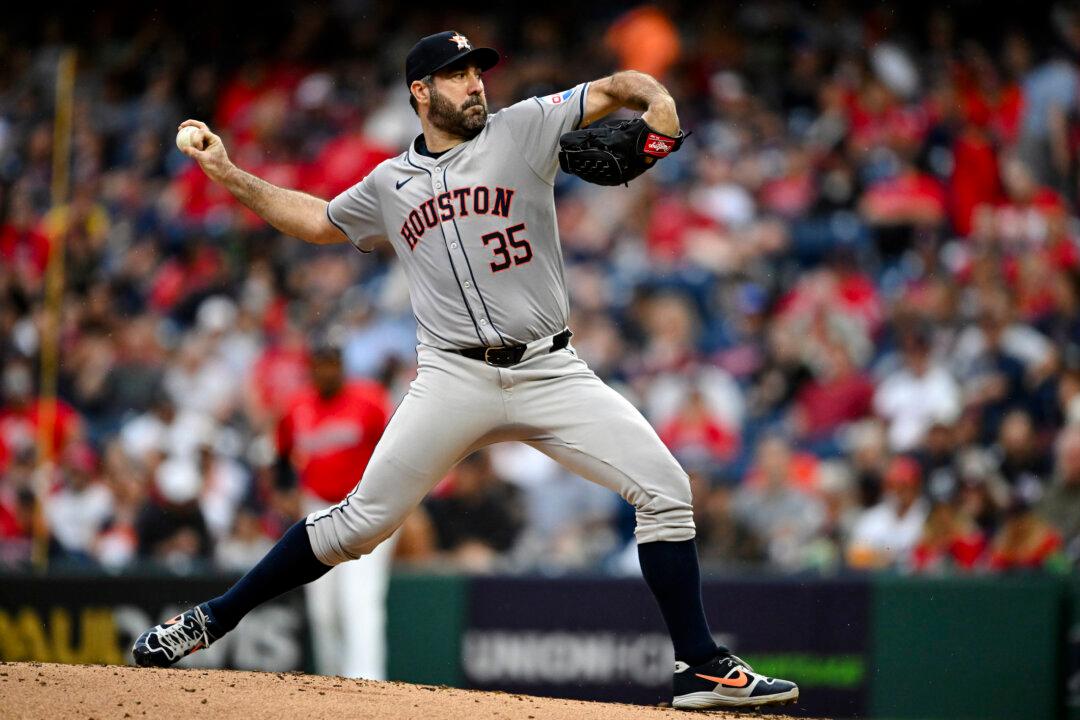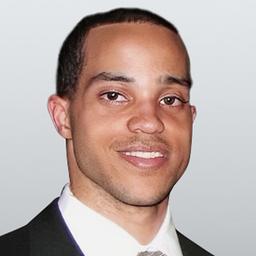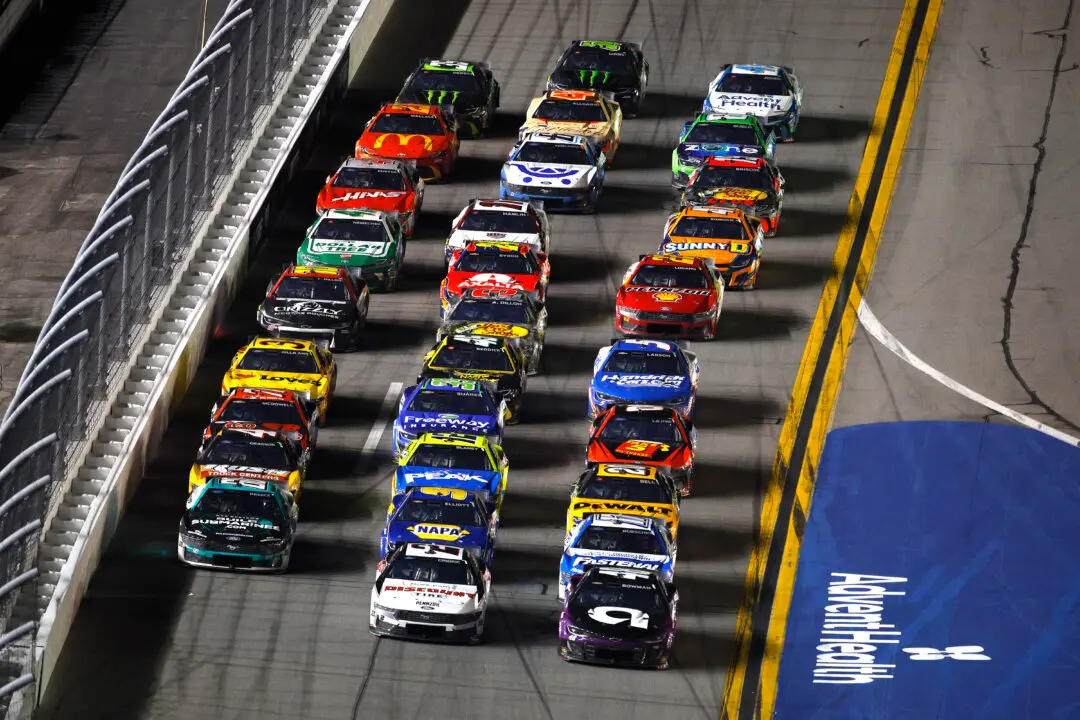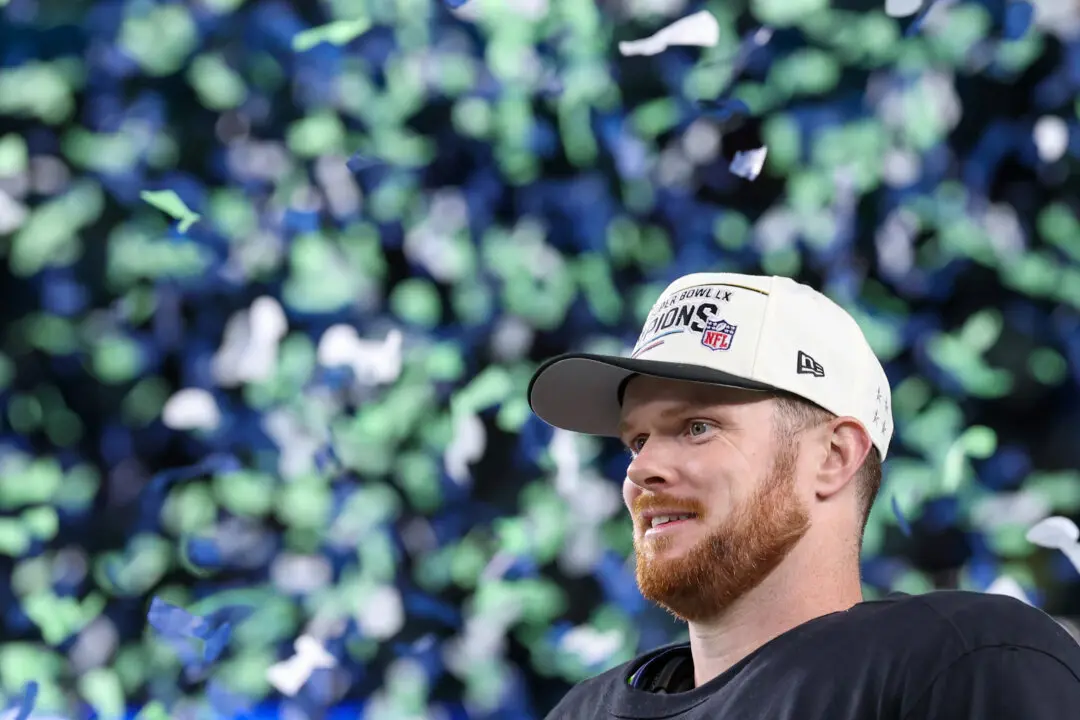The Houston Astros’ run of seven straight American League Wild Card Series appearances—an American League record—ended on Wednesday when the Detroit Tigers swept them in the AL Wild Card. Three-time Cy Young winner Justin Verlander, who was a big part of this amazing stretch, didn’t even appear in the series, and his baseball future is now in question as he approaches free agency.
Batting injuries throughout the year, which played a part in season-long ineffectiveness, Verlander was left off the Astros’ Wild Card roster. He could have been activated later in the postseason had Houston advanced, but that was not the case, as the 41-year-old’s season ended with him on the bench.





